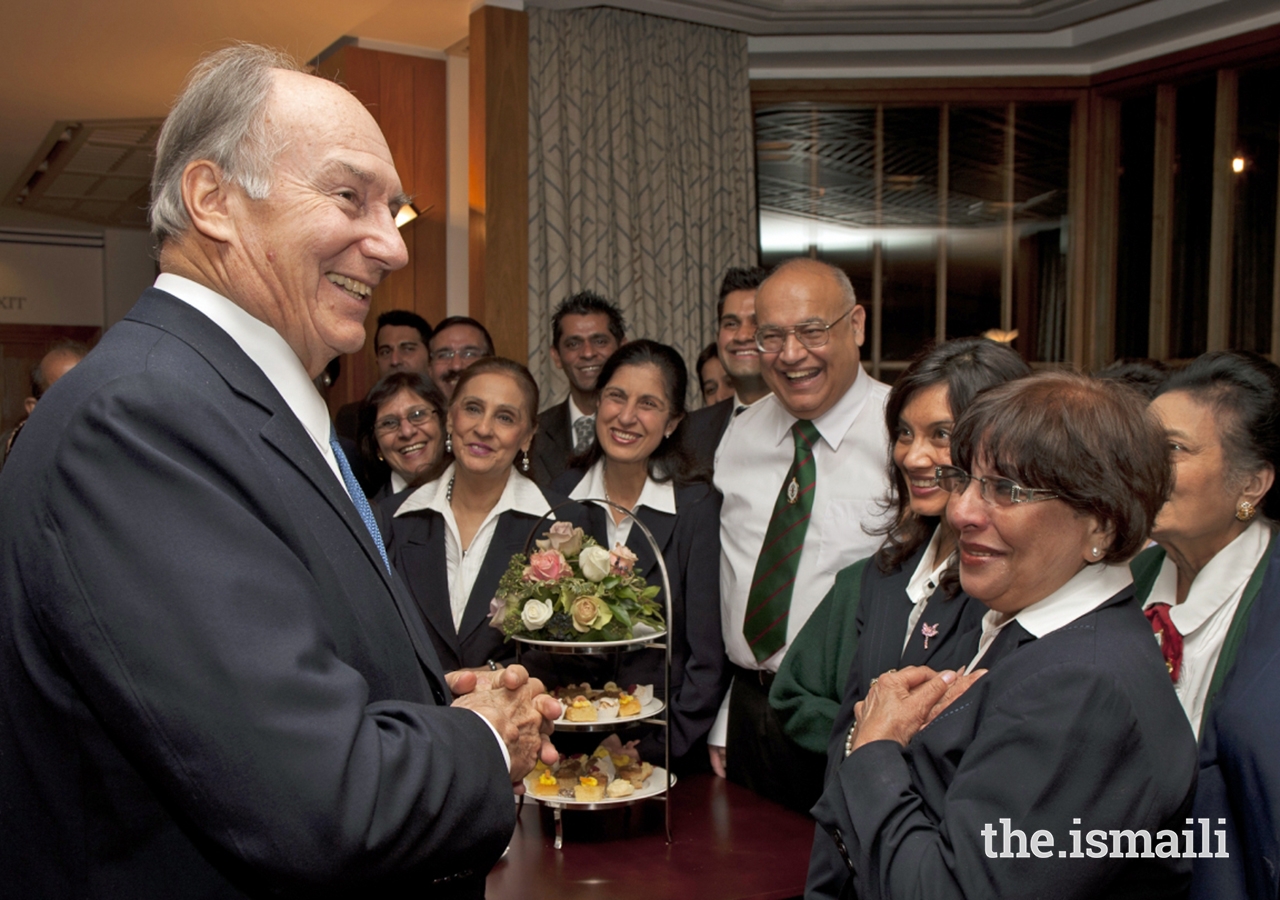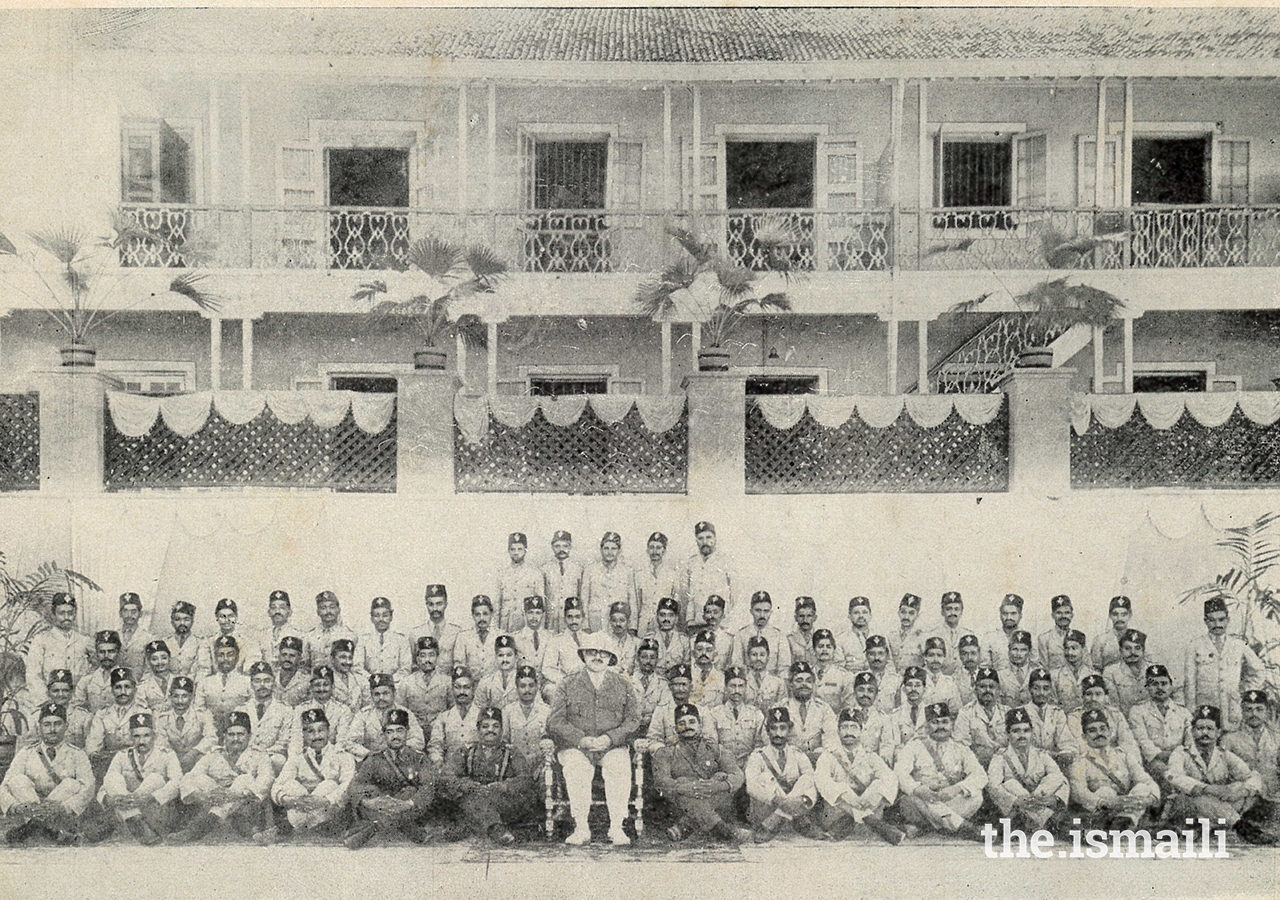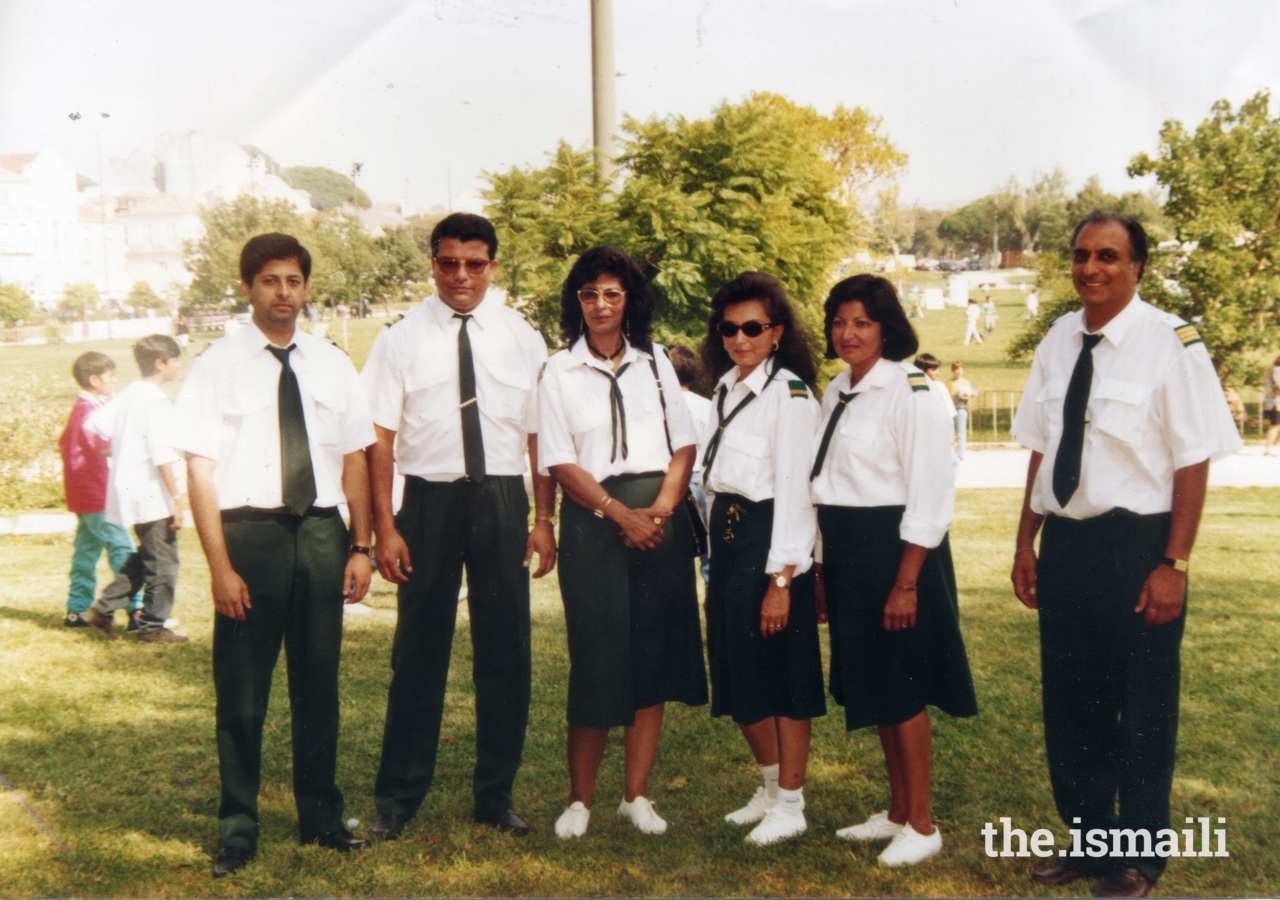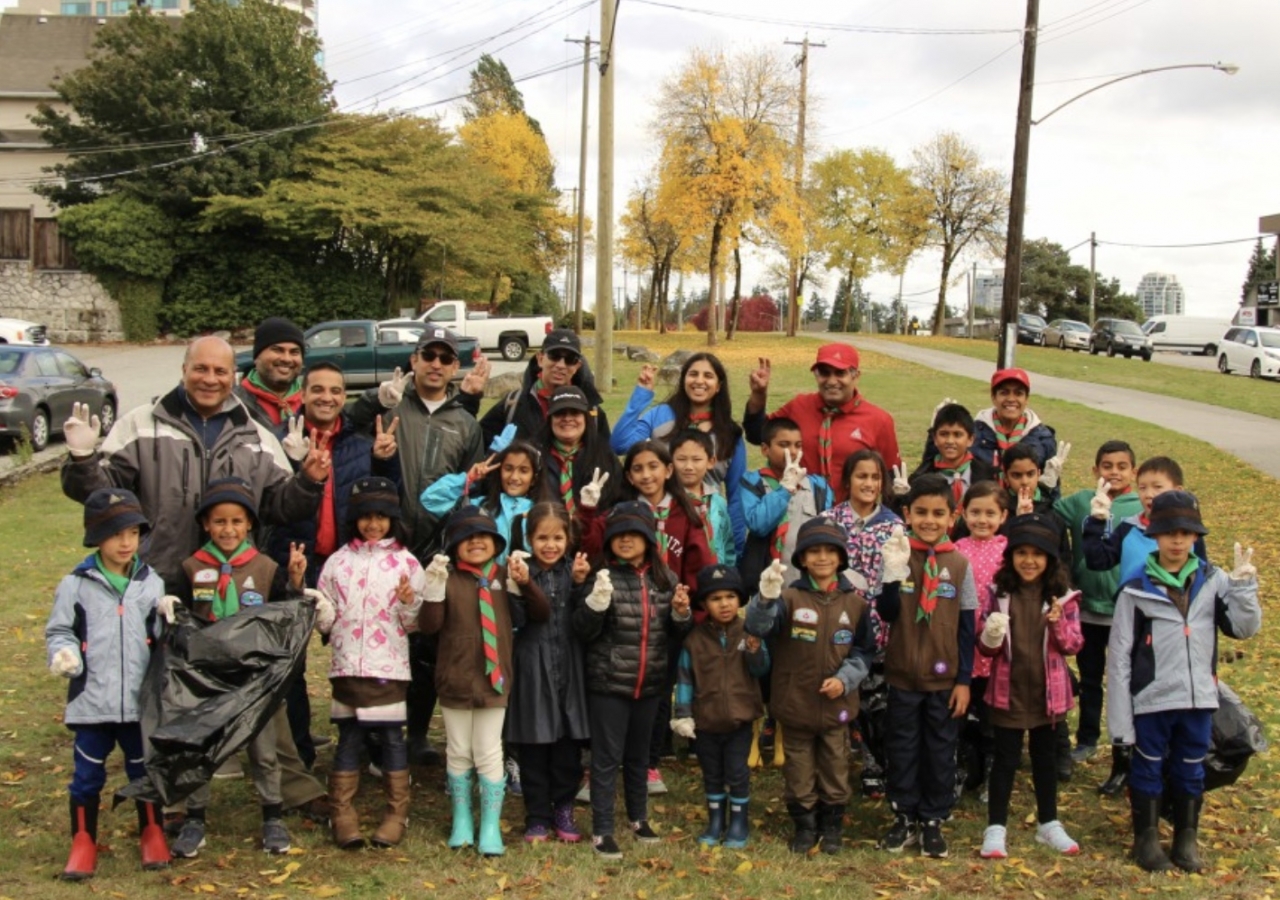In his literary masterpiece The Prophet, the renowned author and poet Kahlil Gibran wrote, “You give but little when you give of your possessions. It is when you give of yourself that you truly give… It is well to give when asked, but it is better to give unasked, through understanding; And to the open handed the search for one who shall receive is joy greater than giving.”
The practice of volunteering is deeply rooted in the values of generosity, caring, and humility. It invokes one’s sentiments of empathy, compassion, selflessness and benevolence. Voluntary service can promote a sense of identity and belonging amongst community members through uniting and mobilising efforts toward a shared goal.
Volunteering has been a prominent feature and a key ethical value to enhance the welfare of the Ismaili community, and societies at large in which we live. The history of the global Jamat is rich with inspiring stories of individuals who served in numerous capacities, sometimes enduring considerable risk.
At times of peace, conflict, natural disaster, and in remote areas, Ismaili volunteers have stood up and rendered their services tirelessly in service of others.
This year has provided a prominent example, as thousands of members of the Jamat have mobilised to serve one another, within the community and beyond, in response to the ongoing coronavirus pandemic. Volunteers have given their time and talents towards organising digital programming, offering health, education, and economic advice, caring for patients, serving mental health needs, and supporting seniors and other vulnerable individuals.
Upon receiving the Die Quadriga Prize in 2005 in recognition of AKDN’s work, Mawlana Hazar Imam said, “I am fortunate to lead an international community with a strong social conscience. Bridging North and South, East and West, the Ismailis have a long tradition of philanthropy, self-reliance and voluntary service. Wherever they live, they faithfully abide by the Quranic ethic of a common humanity and the dignity of man.”
This long tradition began centuries ago. Over time, the forms of volunteering in the Jamat have evolved in response to the context and priorities of the community. In the Middle East, Persia, and South Asia, loyal followers would accompany the Imam-of-the-Time on his travels, protect him from harm, and carry messages to distant and remote Jamats.
One hundred years ago, the Ismaili Volunteer Corps (IVC) was established. From its roots in Bombay and Karachi, the custom of uniformed volunteering spread to other Jamats around the world, and now exists in every country where the Jamat is established. The role of the IVC has continued to expand and has now become an even more integral part of the community’s life.
More recently, we have witnessed the formation of Ismaili CIVIC, an exemplary global initiative addressing the challenges and opportunities of the modern era, committed to active citizenship and civic engagement. CIVIC volunteers unite around a common mission to serve humanity and improve quality of life through the values of service, compassion, and care for those in need.
Inclusion in voluntary service goes far beyond age and socio-economic status, engaging all to serve irrespective of their backgrounds. Men and women, young and old, rich and poor, are all inspired and driven by a single mandate which is to serve, for the betterment of the community and the societies in which we live.
In 1998, Princess Zahra delivered the keynote address at the Volunteerism in the New Millennium meeting, and spoke about the notion of volunteerism in the Ismaili tradition.
“Service is a means for each individual to actualise Islam’s ethics of inclusiveness, of compassion, of sharing, of the respect for life, and of personal responsibility for sustaining a healthy physical, social, and cultural environment,” she said. “Generosity is fundamental to this concept of volunteerism: generosity of material resources, of time, of thought and of knowledge.”
The unconditional act of giving is a fulfilling and meaningful force that lifts us away from our comfort zones and sometimes self-centred natures. Volunteerism fosters a culture of both individual and collective purpose, whilst inculcating feelings of attainment, pride, joy, self-esteem, and realising one’s potential.
It is rooted in the understanding that all people share a common humanity, with an obligation to work together to improve the quality of life and fulfil our responsibility as God’s trustees on Earth. Volunteering, in whatever capacity or form, provides an opportunity to render an individual, communal, and societal contribution for the greater good of humanity.











